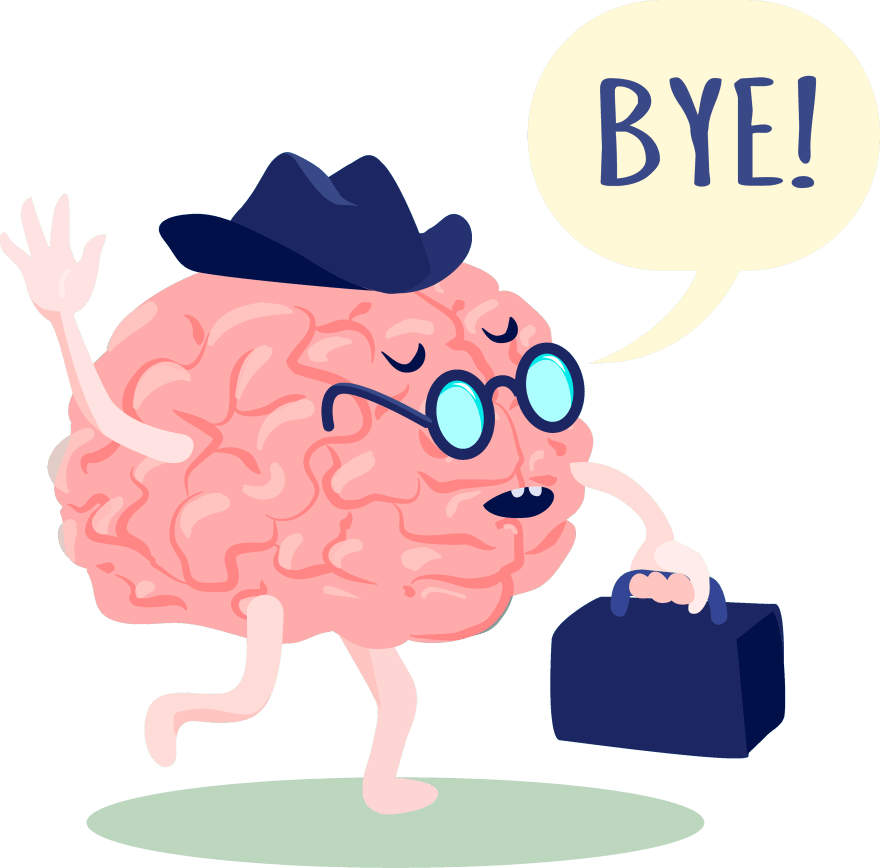Creating new, immersive and inclusive cyber-physical and digital experiences.
The date is December 9, 1968, and the phenomenal Douglas Engelbart delivers the mother of all demos; a video of which can be found here.
In this demo, Engelbart essentially introduces the idea of the mouse and keyboard. This is at a time when personal computing is simply inconceivable. 18 years later, in 1986, IBM released the Model M keyboard that resembles what most keyboards look like today.
Since the computer became personal, we've generally had one main means of interacting with it; the mouse and keyboard. Every single time we've dared to rethink and experiment with how we interact with computers, we've unlocked fulfilling new and immersive experiences that reshape the understanding of our reality and potential through facilitating meaningful engagement with the digital environment and in some cases, as with augmented reality, even blurring the lines between the digital and physical spaces.
In addition to changing our experiences of technology and the world around us, our experimentation with different means of interacting with computers often disrupts existing ways of doing things and indeed create entirely new genres, sub-genres and entire industries that challenge, grow and sometimes even replace existing industries.
As software developers, we often confine ourselves to just that; writing code. The reasons for this vary widely. Whatever the reason, the need to investigate new creative means of interacting with computers has never been greater and the only way we can do that is by borrowing from other fields. This is evident with the advent of The Internet of Things.
Enterprise software is never built in silos; it's built with the collaboration of people from different backgrounds with different skillsets. It makes me happy that we're now realizing the value of expanding this collaboration beyond the confines of software development and that we're collaborating with professionals and hobbyists from all sorts of knowledge backgrounds.
The technology industry has matured beyond just being about getting things working. It's transcended to being about delivering value to the lives of ordinary people in the world. This has required us to look at the problematic areas of our field, from our exclusionary designs - which lacked consideration of people's different abilities to interact with the systems we create to the toxic and often masculine culture we've allowed to develop and fester in the social fabric of our industry.
Touch screens, VR, AR, and IoT have started to make us think outside the box with regards to what's possible. My plea is that we don't stop there; that we don't solely rely on ready-made products from big corporations but also think of what we'd like to see exist ourselves and develop it. Our means of interacting with systems can have large effects on what we end up designing and building. When building systems, developers should consider human-computer interaction and how they can break boundaries with revolutionary means of interaction. It is the constant tempering with ideas around computer interaction that will give birth to groundbreaking experiences because play and experimentation are the parents of innovation.
A key area of focus when researching new ways of human-computer interaction must be finding ways of making said technologies affordable and accessible. We need to be able to teach enthusiasts, hobbyists and professionals alike the skills they need to use the interaction means expediently and with ease. This is because the success of any system built is reliant on its use and the more developers use it, the more experiences it creates and the more we grow the field and its reach into solving societal issues.
I'm writing a bit about my experience with building my own means of interacting with computer systems. You can see my work on my personal site
From me, Lucky: Sharp👍 Sharp👍




Latest comments (0)